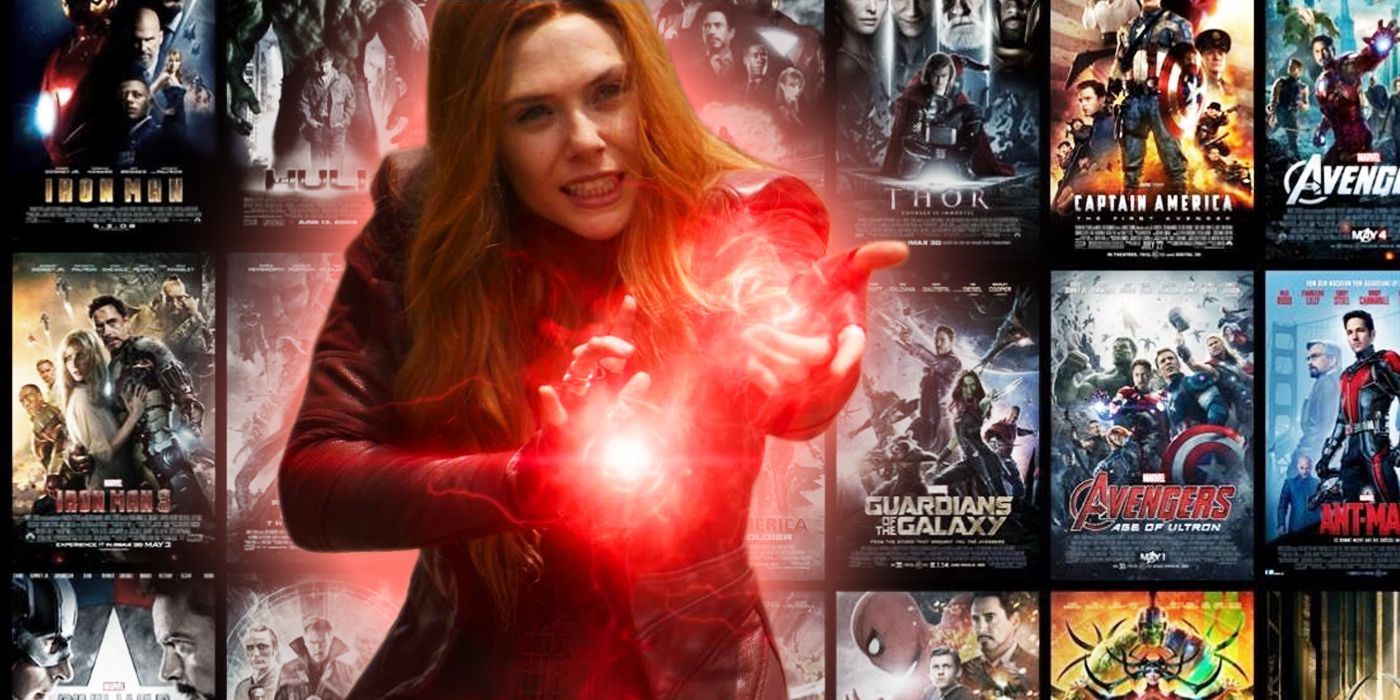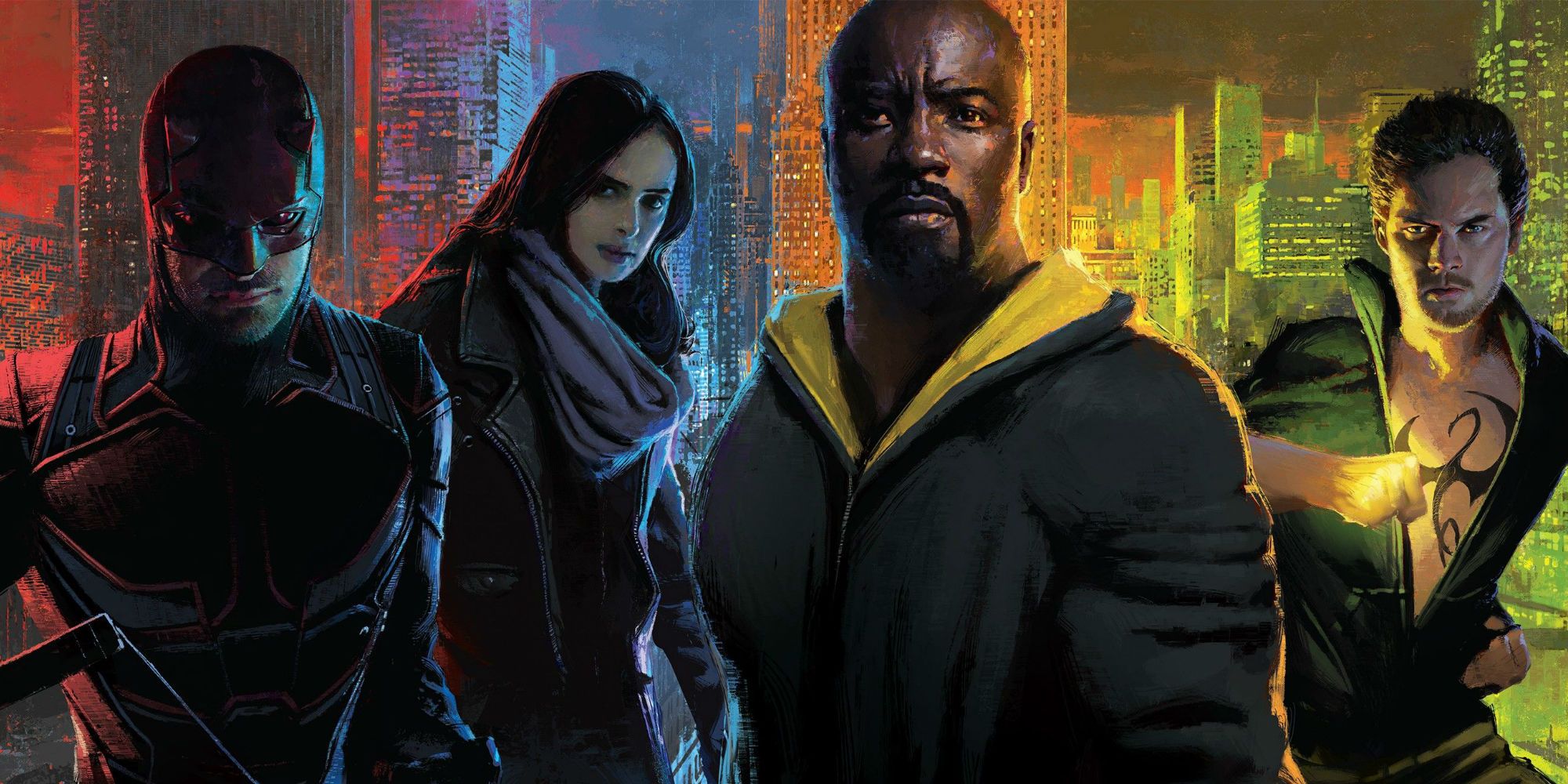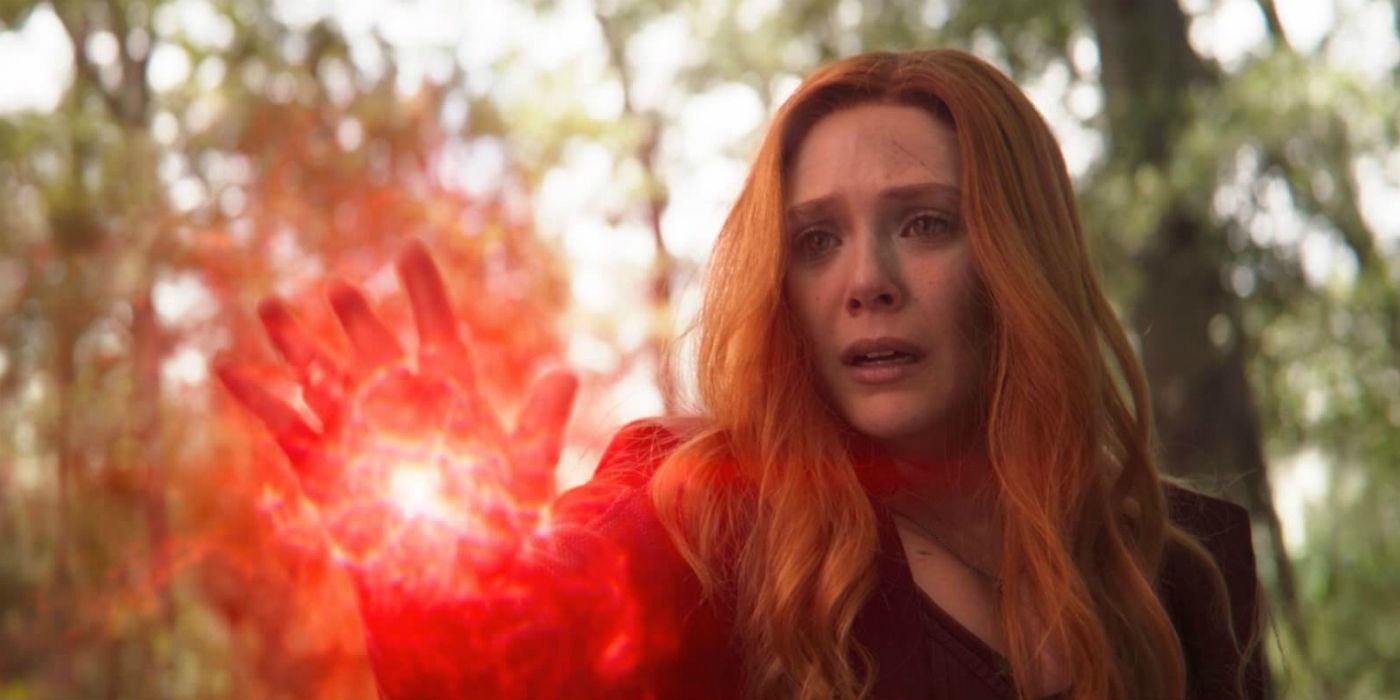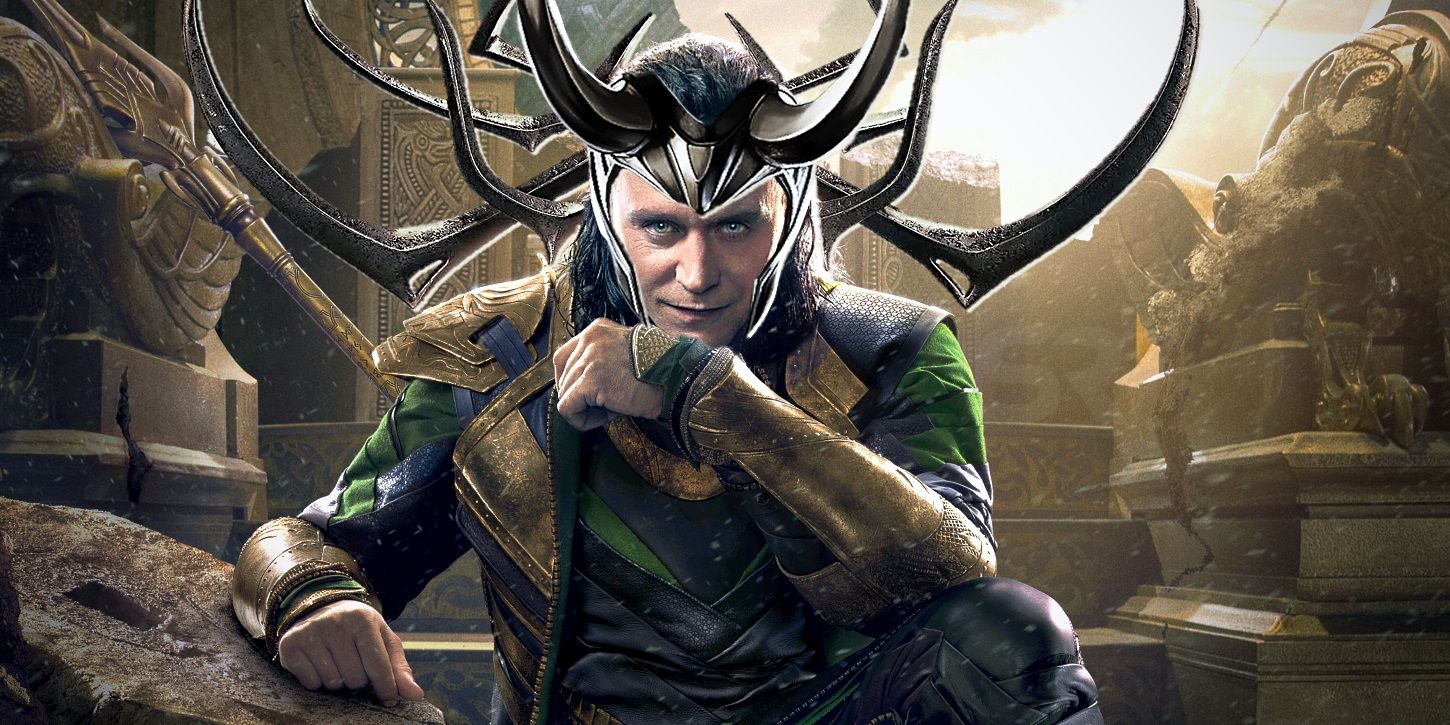Marvel Studios is moving into the TV game, which can fix some of the biggest problems with the Marvel Cinematic Universe. It was recently reported that Marvel plans to make two limited television series based on Loki and Scarlet Witch, to be screened exclusively on Disney’s upcoming streaming service. According to the reports, both Tom Hiddleston and Elizabeth Olsen will reprise their roles for each series, with seasons of around six to eight episodes. The budgets are expected to be high too, with Variety saying they will rival "those of a major studio production." Neither Disney nor Marvel Studios have confirmed or commented on the story, but it is already generating immense buzz among MCU fans.
Marvel’s cinematic universe has emerged as one of Hollywood’s most ambitious projects, with the studios having crafted a highly detailed and wide-ranging franchise that broke all the rules in the space of a mere decade. Their might in the film industry is indisputable, but that clout hasn’t been as present in their television division. There are currently several Marvel series airing on multiple networks as well as streaming on Netflix, and while they are technically part of the MCU canon, one would be forgiven for forgetting they exist in that context.
Related: How Marvel Studios Really Works
The rift between Marvel Studios, headlined by Kevin Feige reporting to Disney, and their television division, which reports to Marvel Entertainment, the domain of Ike Perlmutter, has been oft-discussed and led to much theorizing. The TV shows often feel disconnected from the wider narrative, which proves disappointing to the fans who are enthused by the franchise’s ever-intertwining plots and characters. While shows like Jessica Jones, The Punisher, and Agents of S.H.I.E.L.D. have their dedicated audience, Marvel’s TV world has primarily felt like a missed storytelling opportunity. However, this news from Disney could change all that, and it could help fix a few fundamental problems with the MCU as a whole.
- This Page: How The New MCU Shows Fixes The Marvel TV Problem
- Page 2: The Disney Shows Fix Bigger MCU Problems
The Marvel TV Divide Will (Sort Of) Get Better
The movie/TV divide of Marvel is mostly rooted in a management issue. Marvel Studios is under the control of Disney while Marvel TV is an entity of Marvel Entertainment. Aside from a very rare cameo - like Nick Fury's appearances in Agents of S.H.I.E.L.D. season 1 - the two almost never cross over. It is still canon for characters like Daredevil and Iron Fist to exist in the canon of the MCU, but they never really interact with it. This has ended up raising many questions with fans: If The Defenders are in New York, presumably within driving distance of Stark Tower, why does Tony never call upon them for their services? An upside to this arrangement is that it's much easier for Marvel to forget flops, such as their one critically mauled season of ABC's Inhumans. What would have been the first real introduction of the Inhumans mythos to the franchise can instead be dismissed as if it never happened.
Per the report, the film and TV divide will remain but the new shows are Marvel Studios creations, meaning the crossover potential and adherence to the growing franchise canon is far stronger. This doesn't bode well for shows like Agents of S.H.I.E.L.D. or the Netflix series, but at least it gives Marvel a true opportunity to expand upon the potential of the television medium in a way they have yet to fully utilize. These TV shows may actually feel on the level of Marvel’s films rather than asides with evidently lower expectations from those in charge.
Page 2 of 2: The Disney Shows Fix Bigger MCU Problems
Marvel Will Stop Wasting Secondary Characters
Loki proved to be a stand-out character from the first Thor movie and became the primary antagonist of The Avengers. However, despite Tom Hiddleston’s enduring popularity with fans, the franchise hasn’t put the character to good use for a while, retiring him to secondary status as the films expanded beyond the core cast. Scarlet Witch doesn't even have that; she's always been referred to as one of the main characters the films yet is usually reserved as a plot motivator. For someone who is such an icon in the comics, she’s used to little effect in the franchise, struggling for screen time as the ensemble has become larger. This is not unique to Wanda: think of War Machine or Bucky Barnes or break-out characters from Black Panther like Shuri.
Related: How Marvel Should Handle A Hawkeye Solo Movie
It’s an inevitable downside of such a gargantuan franchise for many secondary characters, even beloved ones, to be sidelined in favor of bigger characters or establishing new heroes. A lot of these heroes are also less likely to receive solo movies because, even though Marvel is essentially a guaranteed hit-maker these days, some risks are still not worth taking. That’s what makes a new Marvel Studios TV operation so striking.
It’s a chance to give those under-served characters real focus. A Loki series that delves into some of the truly bonkers elements of his comics runs could be brilliant, or a Scarlet Witch show where she’s front and center for the first time. The possibilities are as endless as their films.
Marvel Can Finally Make Mid-Range Projects
Marvel movies are pricey endeavors, with the most recent Avengers film, Infinity War, having an estimated production cost as high as $400 million. Even a “smaller” MCU movie, such as Ant-Man and The Wasp, still carried a budget of around $150 million. Once upon a time, such numbers would have been considered unprecedented: now, it’s business as usual. The flipside of this is that it's looking increasingly unlikely for them to make smaller stories.
The new shows could change that, allowing for more mid-range budgeted projects. The chances are that Marvel Studios not going to make, say, a $55 million movie in the way Warner Bros. and DC are doing with their solo Joker movie. Television could be a new way into that, or at least the Disney streaming service offers a new platform where such things are possible. TV shows aren’t cheap to make and budgets are only getting bigger – Netflix’s The Crown, for example, costs around $100 million a season – but compared to rising costs for film, it’s still a viable option for a lower budget. Indeed, while the report has suggested that these new TV series will have “hefty” budgets, they'll not match the big-screen counterparts.
Going forward, there could be immense potential for Disney to use their streaming platform for smaller projects. That would allow for a more intimate variation in storytelling and character focus in the MCU, the kind of stuff that’s not typically a priority in blockbuster cinema that prides spectacle as its primary selling point. The expectation with such a franchise is for everything to keep getting bigger and bigger, but a chance to scale back would serve Marvel well.
Related: Scarlet Witch Could Be Retconned As A Mutant In The MCU After All
Little is known about the Disney streaming service beyond a handful of upcoming exclusive shows and movies – such as a new Star Wars series helmed by Jon Favreau – but the potential is almost as exciting as what has been offered so far. The main issues with the MCU have stemmed from its needlessly confusing film and TV divide and its constant need to get more epic, often at the cost of certain characters and stories. Creating new TV series under the Marvel Studios umbrella can’t fix all those issues but they can go a great way to dealing with inherent flaws in their system.






